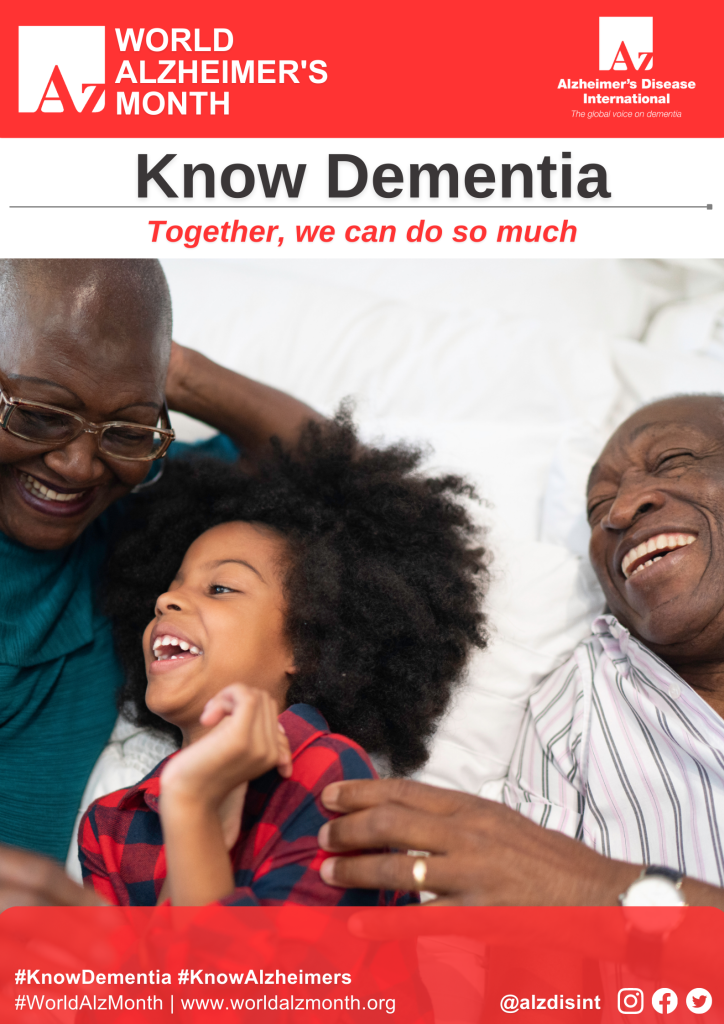An estimated 50 million people around the world currently live with Alzheimer's disease or other dementias, dementia being a collective term for progressive syndromes that affect various expressions of cognitive function, such as memory and emotional expression. Alzheimer’s disease accounts for the majority of cases (50 to 70%, varying by country, based on Alzheimer’s Disease International and World Health Organization figures).
Diagnosis and Treatment of Traumatic Brain Injury, 2022, Pages 27-38
Plant Extracts in Neurodegenerative Diseases, 2022, Pages 1-15

